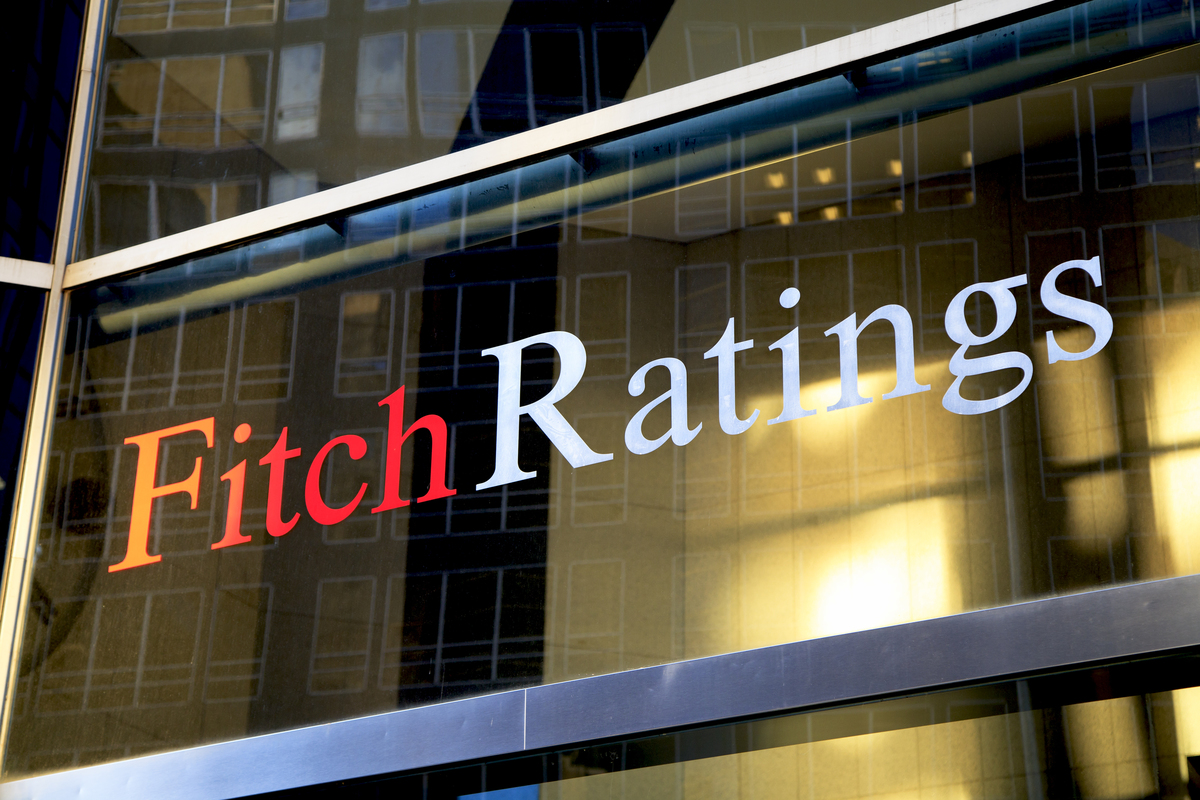Dear visitor,
You're reading 1 of your 3 free news articles this quarter
Register with us for free to get unlimited news, dedicated newsletters, and access to 5 exclusive Premium articles designed to help you stay in the know.
Join the UK's leading credit and lending community in less than 60 seconds.
Russia credit default imminent, says CRA
Credit rating agency (CRA) Fitch has downgraded Russia’s credit rating from B to C, deepening its ‘junk’ status, and has warned it will “imminently” default on its international creditors.

Senior Journalist, covering the Credit Strategy and FSE News brands.
Fitch said Putin’s decree that Russian creditors can use the Russian Ruble to pay some foreign currency debts, and the country’s central bank’s decree to suspend payment on state treasury bills, led to the downgrade.
West-imposed sanctions mean Moscow is restricted in propping up its currency, a prospective precursor to widespread defaults and collapse of its financial system.
The re-classification comes shortly before Russia is due to make a repayment of $107m (£81.3m) of US dollar-denominated debt servicing on two bonds on 16 March.
Economic sanctions have barred Russia’s central bank from utilising over half of its $630bn (£478bn) reserves – built up in foreign currencies prior to the invasion.
“The further ratcheting up of sanctions, and proposals that could limit trade in energy, increase the probability of a policy response by Russia that includes at least selective non-payment of its sovereign debt obligations,” Fitch said.
Fitch’s categorising Russia as “near default” is echoed by other agencies and investors, who widely expect them to fail to make the payment.
S&P and Moody’s also slashed Russia’s sovereign ratings into junk status following the invasion of Ukraine.
The Ruble fell to 117 against the US dollar on 9 March, meaning it has lost over 50% of its value in the past week.
Investors are accommodating the anticipated default by hiking the price of Russia’s five-year credit default swap – spiking it to the highest level since the 2008 financial crisis.
This instrument reflects the cost of insuring against the exposure to a default, and should be paid out to creditors in the event of non-payment.
If Russia miss the 16 March payment as predicted, a 30-day grace period will precede creditors triggering the credit default swap.
However, the Kremlin’s policy to partially protect the Russian economy following the 2014 Crimea invasion means their foreign debt burden is relatively low at $39bn (£29.6bn).
Russia’s limited international debt obligation means that losses by foreign investors “look manageable,” according to Jennifer McKeown, head of global economics service at consultancy Capital Economics.
“If financial contagion does spread to major economies, it is likely to be because losses are concentrated in a systemically important institution,” she said.
But she highlighted that any major losses are likely to be felt mainly in Europe, due to energy reliance and trading links.
Stay up-to-date with the latest articles from the Credit Strategy team
Get the latest industry news






